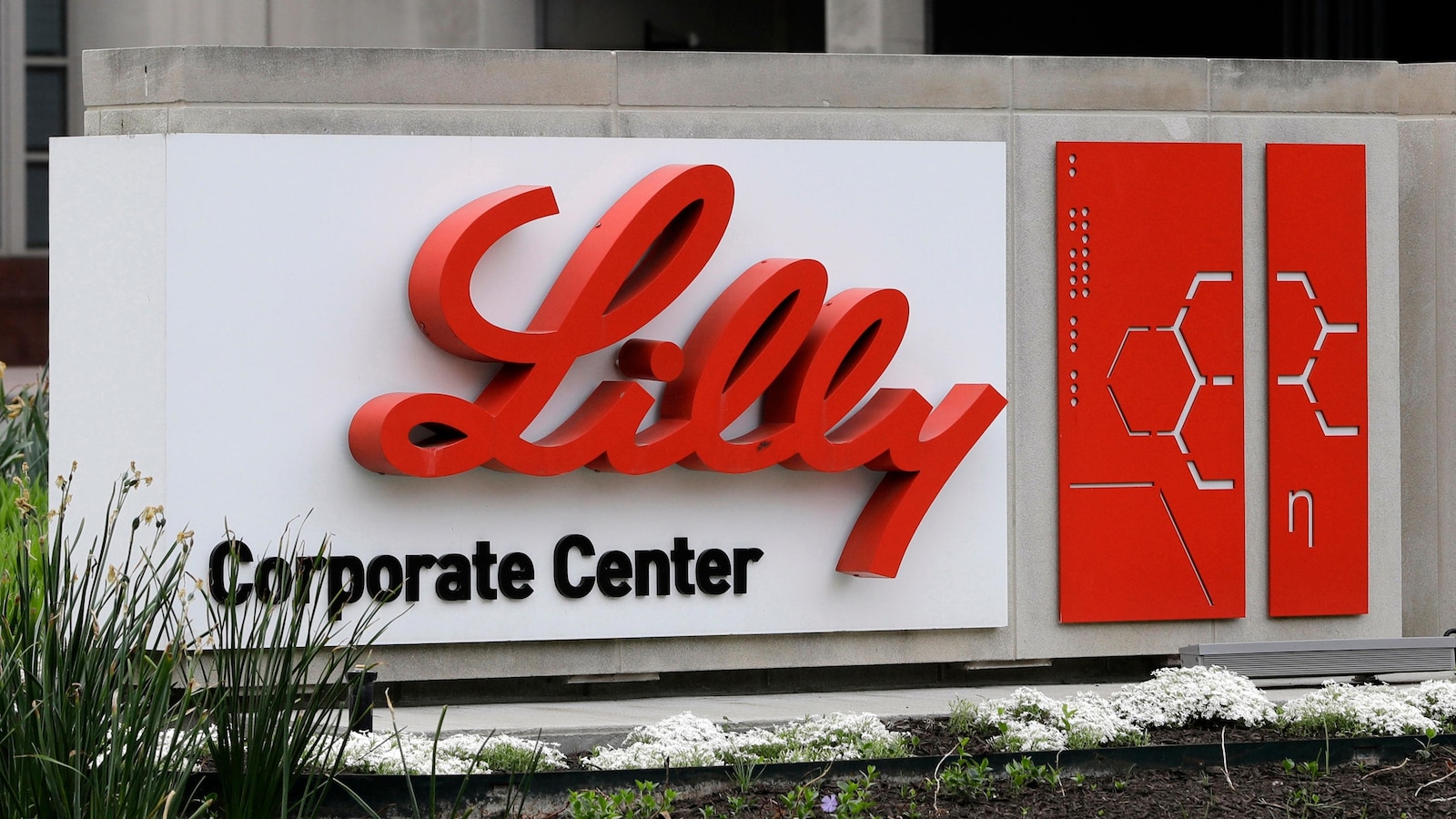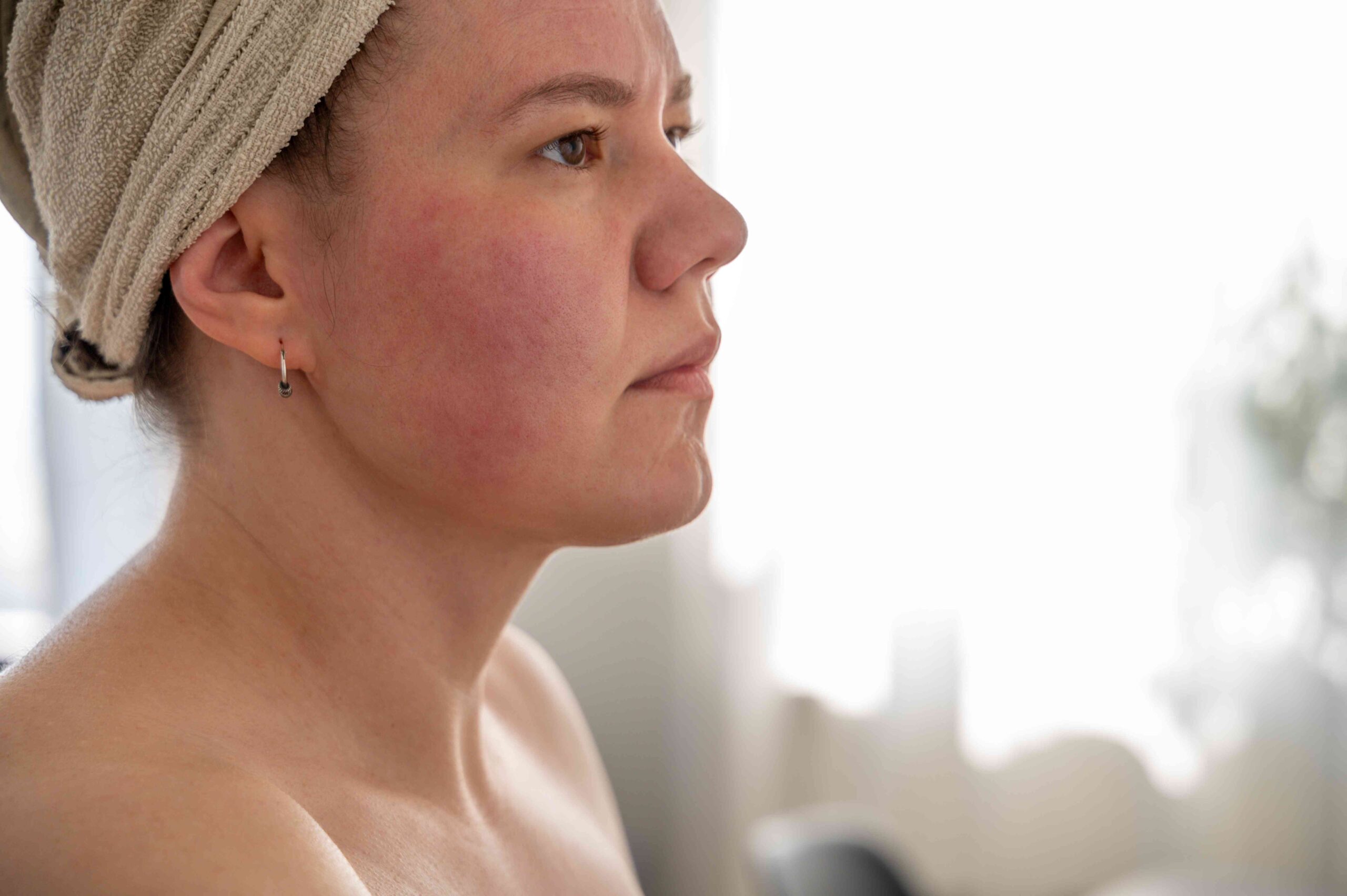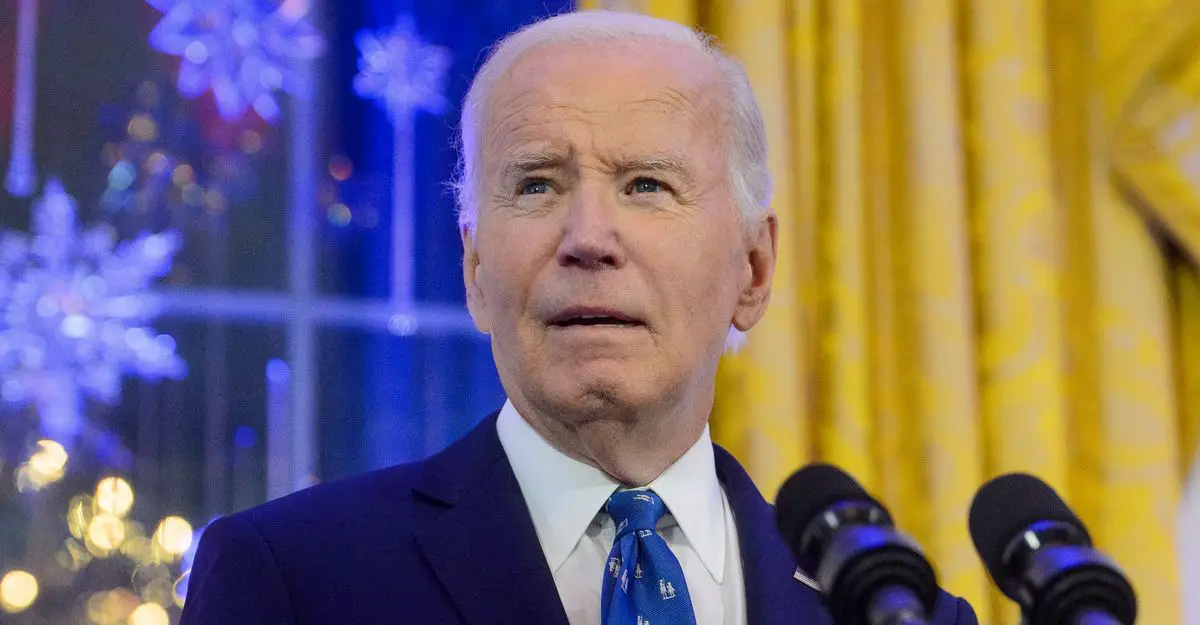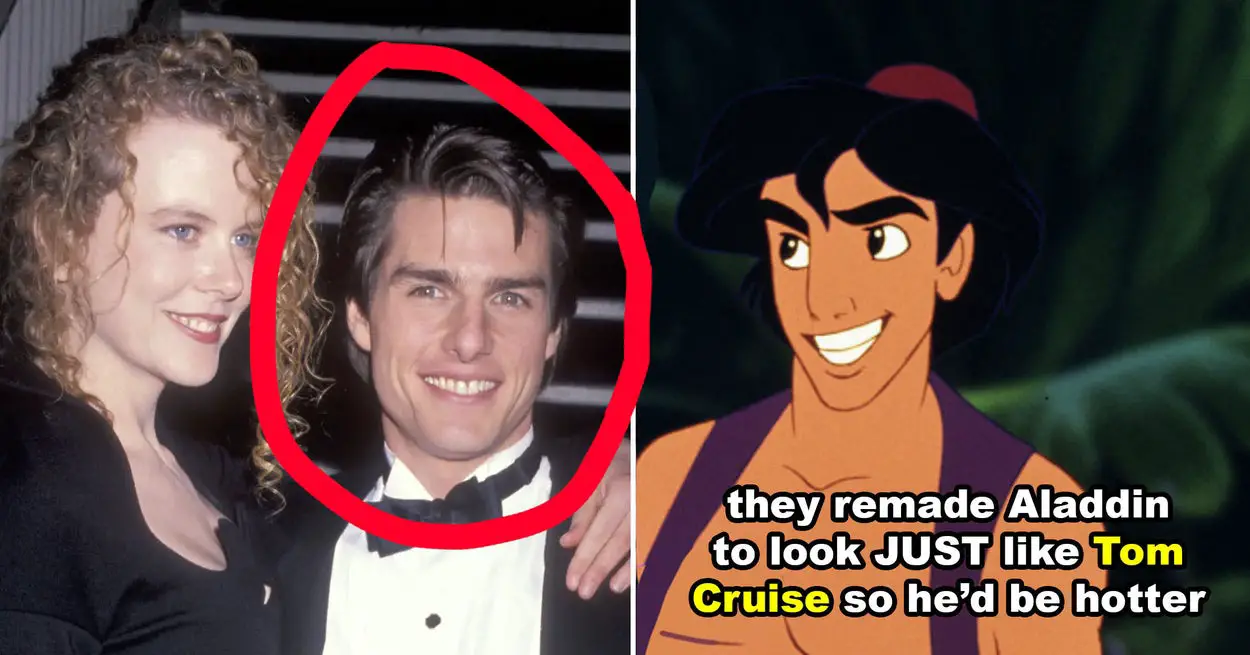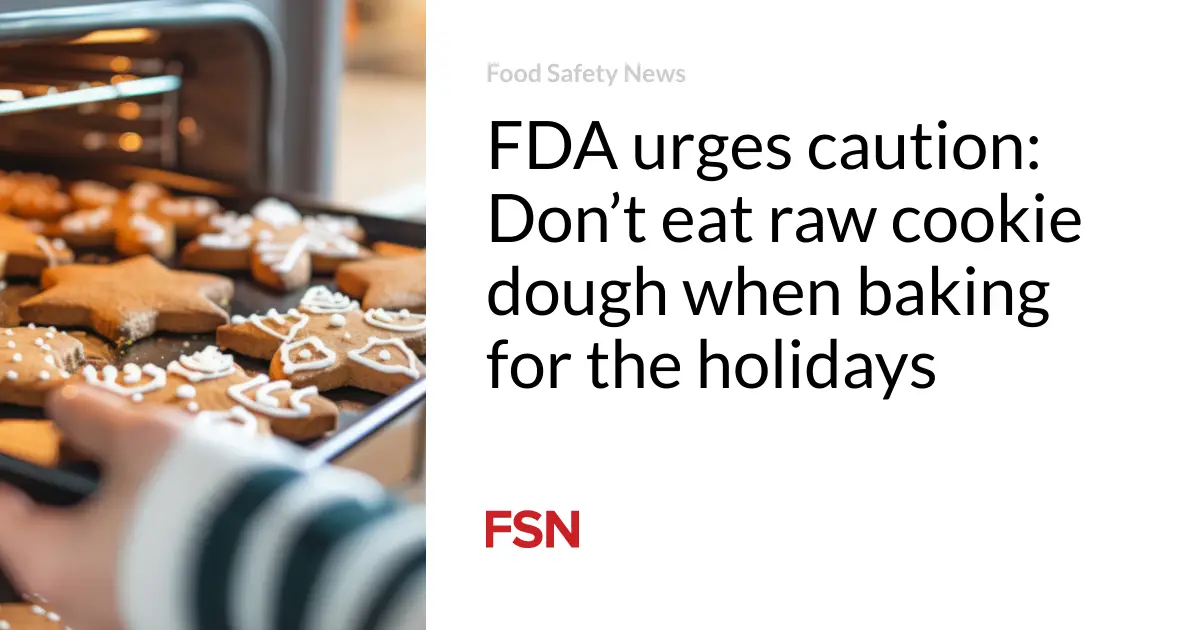Elle Macpherson believes, for some reason, that disease thrives in an acidic body. The Australian ex-supermodel swears by the benefits of limiting red meat, wheat, dairy, sugar and processed food, and by something she calls “alkalising greens” (no, me neither). Through her glossy wellness brand, WelleCo, she tirelessly promotes her Super Elixir – a blend of vitamins and minerals apparently devised by her naturopath when she was feeling rundown and menopausal – to women who want to look as incredible as she does at 60, and are willing to believe that has something to do with kale.
So far, so relatively benign, though admittedly things took a darker turn when Macpherson dated Andrew Wakefield between 2017 and 2019, the former doctor behind the now thoroughly debunked junk science linking the MMR jab to autism. But mostly Macpherson has occupied the safer side of the line between “crunchy moms” – devotees of organic food, herbal remedies and tech detoxes – and cranks. Or she had, until she started talking about “saying no to standard medical solutions” for cancer.
The woman once known simply as The Body, which in itself offers some idea of what being a model in the 1980s was like, reveals in her forthcoming book, Elle, that seven years ago she was diagnosed with a form of early-stage breast cancer called HER2 positive oestrogen receptive intraductal carcinoma. According to an interview she gave to the Australian Women’s Weekly magazine this week, her surgeon suggested a mastectomy with radiation, chemotherapy and hormone therapy, but Macpherson decided she instead needed “my own truth, my belief system to support me”. So after meditating over the decision on a Miami beach, she decamped to Arizona to devote “every single minute to healing myself” under the care of a team including a doctor of naturopathy, an osteopath, a holistic dentist and – one suspects this last might be crucial – her primary doctor.
And after only eight months, it worked! Take that, conventional medicine! Except it turns out that before all that, Macpherson had a conventional lumpectomy – or surgical removal of a lump from her breast – which may have had quite a lot to do with her happy outcome.
As numerous surgeons have now pointed out, in cases such as hers – seemingly caught early, with cancerous cells still confined to the breast ducts rather than invading the wider breast tissue – it’s common to be offered a choice of either more conservative or more aggressive treatment, and in some cases a lumpectomy alone could be enough. In other words, not only should women think very carefully before rejecting conventional medicine, but Macpherson may have relied on it more heavily than either global headlines or Instagram posts praising her for defying the “cancer-industrial complex” suggest.
Perhaps because of the medical establishment’s historical struggle to take our health seriously, women seem most drawn to alternative health. My work inbox is permanently clogged with unsolicited PR emails peddling vaguely dubious remedies for every female ill, from maternal exhaustion to menopause: supplements and superfoods, expensive apps and “hormone-balancing” therapies, all appealing to the belief that somehow natural means better. It’s the same myth that in childbirth leaves women feeling absurdly guilty for having caesareans that saved their lives.
Having now watched three good friends and a family member endure gruelling treatment for breast cancer, I wouldn’t knock anyone for embracing whatever gets them through. Eight months in Arizona obviously isn’t an option for most, and few women get the chance to devote every waking minute to their recovery. But if green juice or yoga feels bolstering, great.
There’s a big difference, however, between this kind of supportive padding around an often brutal (but effective) clinical regime, and junk science; between a celebrity’s right to make their own choices, and the responsibility required of someone with a global platform. When Angelina Jolie wrote a carefully balanced New York Times article in 2013 about opting for a preventive double mastectomy because she carries a gene that predisposes her to breast cancer, one US-based study reported a 64% rise in demand for genetic screening over the next fortnight. How many women struggling through chemotherapy, or agonising over a mastectomy, are now unhelpfully second-guessing themselves after reading about Macpherson’s “intuitive, heart-led, holistic” journey back to glowing health?
Cancer treatment can involve a bewildering number of choices, often depending on highly personal fine judgments. How anxious are you about it coming back? Do you want to keep buying time at any cost, or at some point does quality of life matter more? Everyone is different, which is why each life must be weighed carefully in the round. Yet there’s a huge leap between this genuinely holistic process led by a skilled doctor, and vaguely exhorting women to “follow their heart and give things a go”. Live your own truth, by all means. Just remember others can die of it.
-
Do you have an opinion on the issues raised in this article? If you would like to submit a response of up to 300 words by email to be considered for publication in our letters section, please click here.

